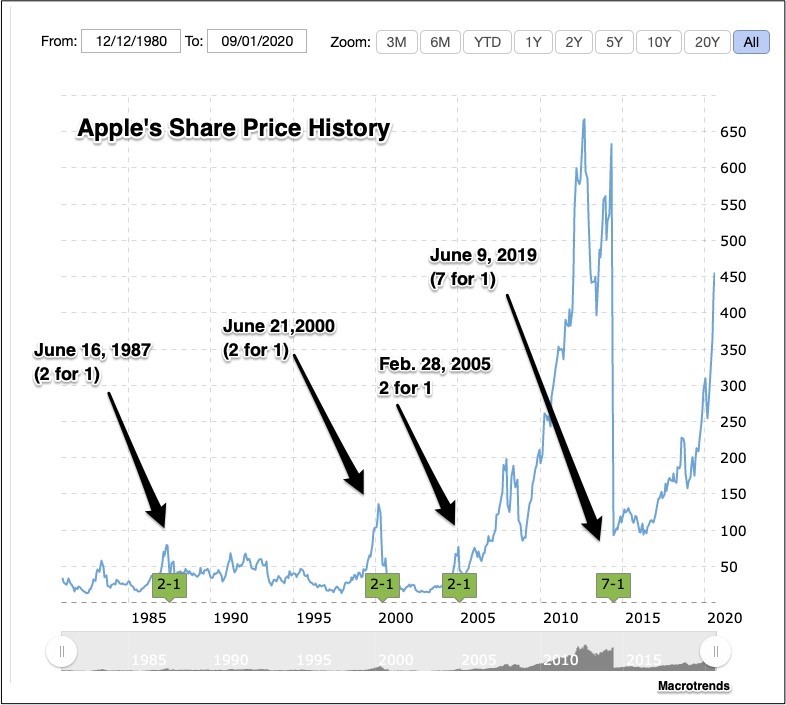

Third, I think that with the end of the current mining boom, the market for consumer GPUs will contract and so having fewer players may be a consequence.Other parts have some value (software, aesthetics, cooling, and more) but NVIDIA holds the key value driver in all of these products. Most of the value in a consumer GPU is the chip. NVIDIA may make a higher percentage of cards with the new generations and their FE cards. As a result, I think that NVIDIA needs partners, even if they are not EVGA. In the data center market and the high-end workstation market, chassis and systems are standardized to a degree they are not on the consumer side. Second, I think for the consumer market, NVIDIA still needs partners.Sales may be hurt by the Ethereum merge and mining sales, but if folks want NVIDIA GPUs, they will just buy them from another source. First off, I do not think that this is going to hurt NVIDIA sales.I wanted to just provide my personal perspective here, since we deal mostly with a market segment that NVIDIA controls almost completely. There is more to the story, but those are probably the key points. At this point, EVGA is not picking up AMD or Intel GPUs.The company will continue without these NVIDIA GeForce sales. EVGA will stop selling GPUs after its current supplies run out with the RTX 3000 series, and will honor warranties.EVGA has somewhere around 80% of its revenue from GPU sales, but it is not its highest margin line.EVGA felt like NVIDIA was restricting its board designs in various ways, including setting suggested sales prices.


This is a big enough industry event that we are going to cover it briefly on a Friday afternoon. Still, at STH we have reviewed quite a few NVIDIA GPUs over the years and even had our favorite Xeon 5500/5600 motherboard in our EVGA SR-X Classified First Look. At STH, we normally cover higher-end GPUs and CPUs. Today it was reported that EVGA is exiting the GPU business.


 0 kommentar(er)
0 kommentar(er)
